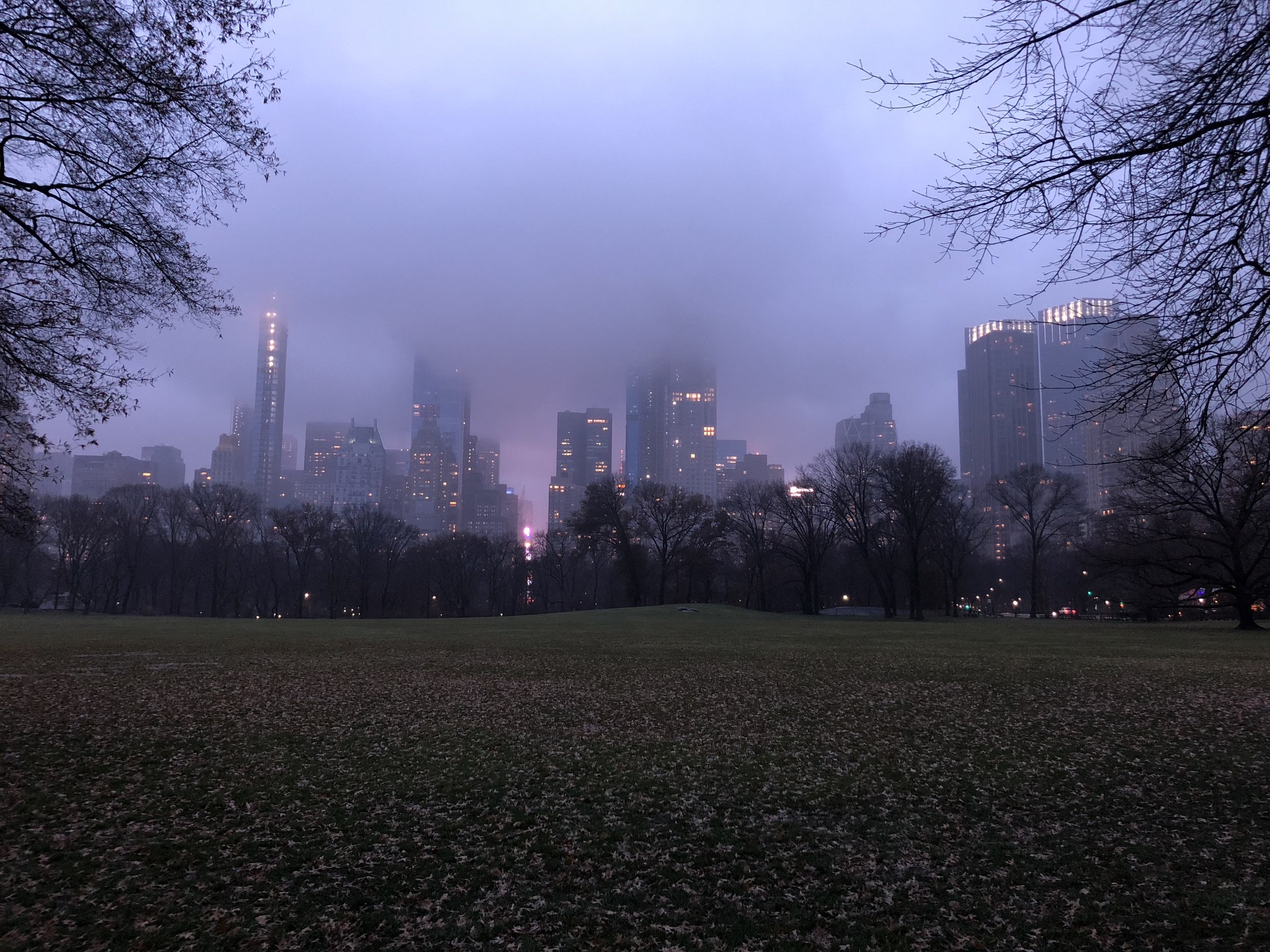REVIEW: New York Philharmonic Tunes into 'Toons
Above: George Daugherty conducts the New York Philharmonic in “Baton Bunny.” Photo by Jennifer Taylor.
May 18, 2019
By Brian Taylor
Bugs Bunny, the iconic carrot-chomping rabbit with a Brooklyn accent, the first cartoon character to appear on a U.S. postage stamp, was the star at David Geffen Hall this weekend. The New York Philharmonic presented Bugs Bunny at the Symphony II, a parade of timeless Warner Bros. “Looney Tunes” shorts starring Bugs Bunny, Daffy Duck, Porky Pig, Tom & Jerry, and their cohorts, highlighting the dramatic orchestral music that accompanies their antics.
Photo by Jennifer Taylor
Not just for kids, this variation on the popular film-with-live-orchestra concept is a celebration of classical music’s storytelling power. The original Warner Bros. studios employed brilliant craftsmen who drew from composers like Wagner, Liszt, and J. Strauss II and it’s impossible to imagine the Road Runner outsmarting Wile E. Coyote without a virtuosic chromatic scale in the orchestra. And, like Pixar’s modern entertainments, these cartoons aim their humor at the adults in the room as well as the children. Grownups proved just as eager to have their picture taken with Bugs, in the flesh, in the lobby at intermission.
Photo by Jennifer Taylor
Emmy-winning Maestro George Daugherty, co-creator of the evening (with David Ka Lic Wong), masterfully steers the orchestra through this fast-paced adventure ride, keeping the audience smiling with his endearing personality and humorous anecdotes. The Philharmonic dove into the zany tone of the evening in an instrumental overture, Smetana’s The Dance of the Comedians, from The Bartered Bride. Steiner’s iconic “Warner Bros. Fanfare” never sounded so majestic, and the jaunty “Merrie Melodies Theme” never sounded so promising of a good time. Essential to the “Looney Tunes” flavor is the slide guitar played by touring musician Jo Pusateri.
Photo by Jennifer Taylor
Fittingly, the opening ‘toon is Baton Bunny — with a score based on Suppé’s Overture to Morning, Noon, and Night in Vienna — in which Bugs Bunny ascends the podium of a symphony orchestra and hilarity ensues. Mr. Daugherty gamely mimicked the absurd gestures being depicted on screen.
The spectacle continues apace in such delightful offerings as Rhapsody Rabbit, making use of Liszt’s Hungarian Rhapsody No. 2, and Johann Mouse. Both feature piano solos preserved from the original audio; the technology that allows the Philharmonic to sync perfectly with the inimitable voice stylings of Mel Blanc and the irreplaceable sound effects is impressively seamless. Tom and Jerry at the Hollywood Bowl features the Overture to Die Fledermaus. Back Alley Oproar focuses on Rossini’s “Largo al factotum” from Barber of Seville. The Overture from the latter opera buffa forms the basis of the Act I Finale, The Rabbit of Seville. In all, the crackerjack Philharmonic played with spirit, verve, and no shortage of power. Mr. Daugherty was like a kid in a candy shop, and savored the experience.
Photo by Jennifer Taylor
The second half of the program kept the great music and laughs coming. The orchestra sparkled in the Introduction to Act III of Wagner’s Lohengrin. The climax of the concert is certainly the classic "What’s Opera, Doc?” from 1957 which condenses Wagner’s sixteen hour Ring Cycle into seven minutes (in reality, mixing in other Wagner works such as Tannhäuser). Viking-clad Elmer Fudd defeats the usually insouciant Bugs Bunny, who turns to the audience at the end to quip, "Well, what did you expect in an opera? A happy ending?" Naturally, this delightful diversion at the symphony isn’t over until a stuttering Porky Pig pronounces “That’s all, folks!”
***
Upcoming at the New York Philharmonic:
Music of Conscience
Beethoven’s Eroica, May 22 - 28









